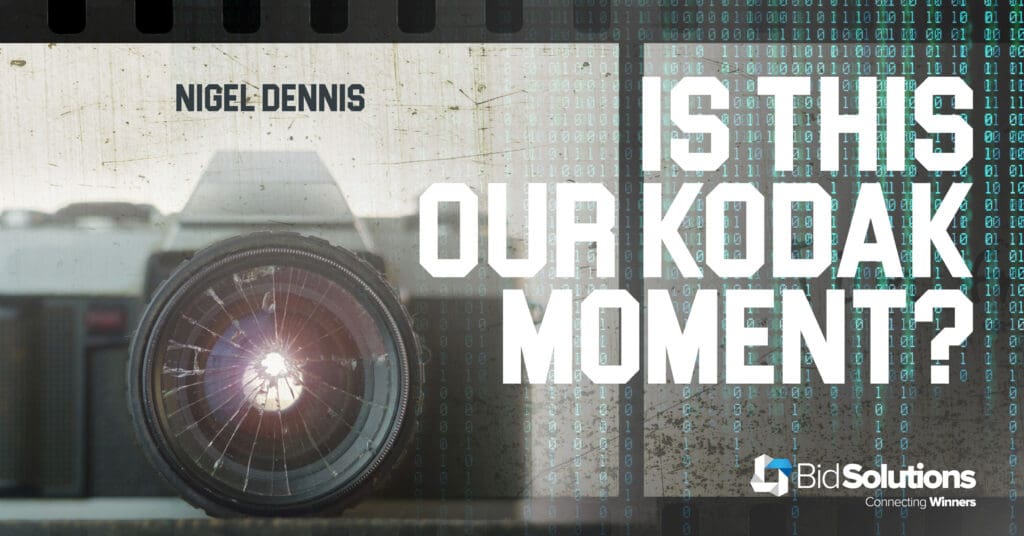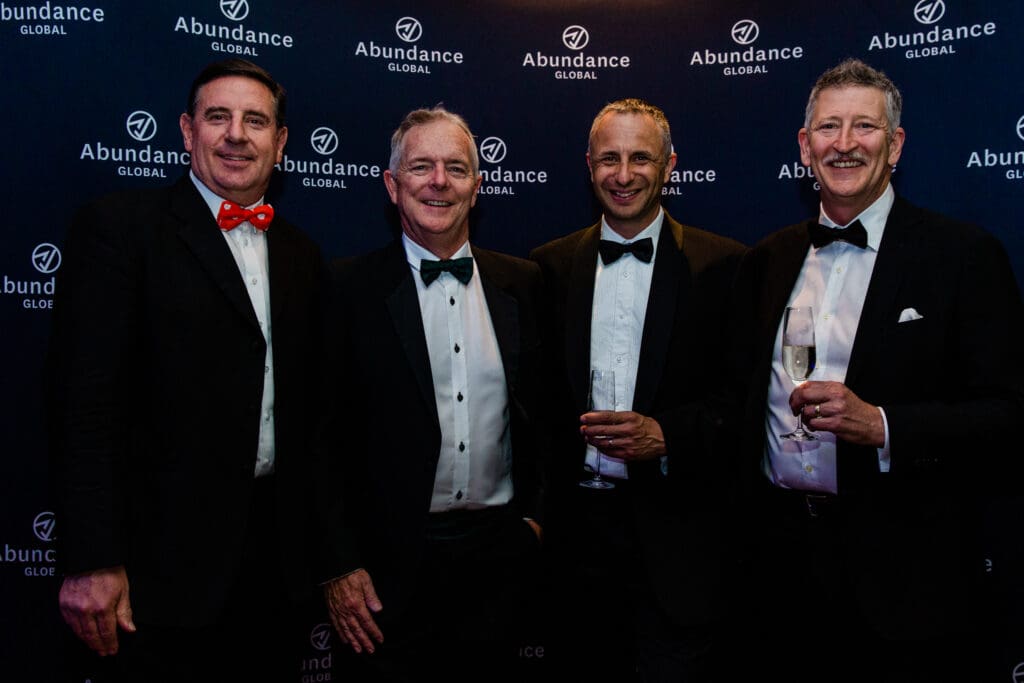Search our insights & articles
If you create a narrative that speaks to your buyer's pain points and issues, and offer a compelling solution to their problem, you’re well on the way to beating your competitors. Andrew Yallop explains how story telling in bids and applying strategic narrative principles can make your next tender submission more memorable.
On the surface it seems winning a place on a supplier panel requires less work than winning a single publicly tendered opportunity. But in reality, it’s just as difficult – potentially even more so. David Lunn debunks the seductive simplicity of panels, providing six tips to help you win your next panel contract opportunity.
Nigel Dennis looks at emerging tendering technology through the lens of the Kodak company’s failure to embrace digital photography. He details his concerns about the risks current technology presents and whether, at this pivotal moment, we should embrace it or shy away from the threat it poses to our profession.
Tender reviews and film reviews may appear to have a lot in common. But despite the similarities, the essential difference between the two is constructive criticism. Bid Consultant Zoe Simpson compares bid reviewers to film critics, and provides five tips for making your next tender review as effective as possible.
In November BidWrite attended a two-day retreat in Brisbane hosted by our business coaches Abundance Global. At the awards and gala night, we received the 'Big Leap' award - a testament to all the hard work that's gone into our recent projects.
David Lunn tells us all about no-bid letters: what they are, how to approach writing one, what’s included, and when to send it. He even dives in to how taking a strategic approach to your no-bid letter can influence your buyer, potentially turning your decision not to tender into a more favourable position to win.
Nigel Dennis introduces the concept of Maximum Possible Product (MPP) as a form of best practice when striving to craft the ultimate submission. He explains how good bidding professionals can use this concept to stack the dice in your favour, rather than rolling them and leaving so many things to chance.
Work not tendered for is an opportunity lost, but work won and poorly performed is worse. So, do you bid for everything? And if not, how do you choose where to invest your time and resources? This blog explains a simple four-question process to follow, helping make your bidding go or no go decisions more
What’s the difference between expertise and experience? Or capability and capacity? This article defines some commonly used terms for individual tender elements (the trees) and explains how you can link them together into a unified and ultimately more persuasive submission (the wood).
A free subscription to our latest newsletters, blogs, training dates and upcoming events, delivered straight to your email inbox.
Subscribe to Bid Talk
"*" indicates required fields











